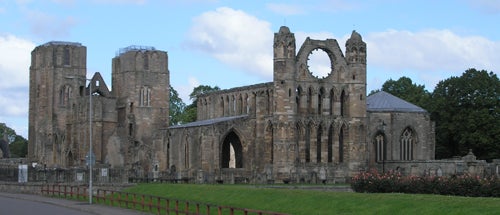
Medieval Studies is not simply about studying the past for its own sake. In that light, the study of western society between the fall of the Roman Empire and the discovery of the New World may even appear, to some, outmoded, Euro-centric, or irrelevant. In fact, however, such study is essential in helping us to interpret the world around us.
A few examples illustrate. In a post 9/11 world it is essential to understand the historical inter-connectedness and mutual evolution between Islam and Christianity or Europe and the Near East. It is equally vital, as Europe moves toward ever greater legal, economic, and political union, and as regional resentments toward such a move increase, to understand European hegemony prior to the rise of nation-states and nationalism. Further, the lessons of past empires are instructive as super powers topple opposing regimes and are then met with forceful resistance. More concretely, when first-world countries seek to develop the third-world, medieval peasants provide successful agricultural strategies and technologies. Parliament, religion, universities: all have medieval structures as do our sexual values, our gender norms, and many of our cultural priorities and biases. So, if you want to understand where we are, you need to understand how we got here. Medieval Studies gives students the tools necessary to interpret the world around them at the most fundamental level.